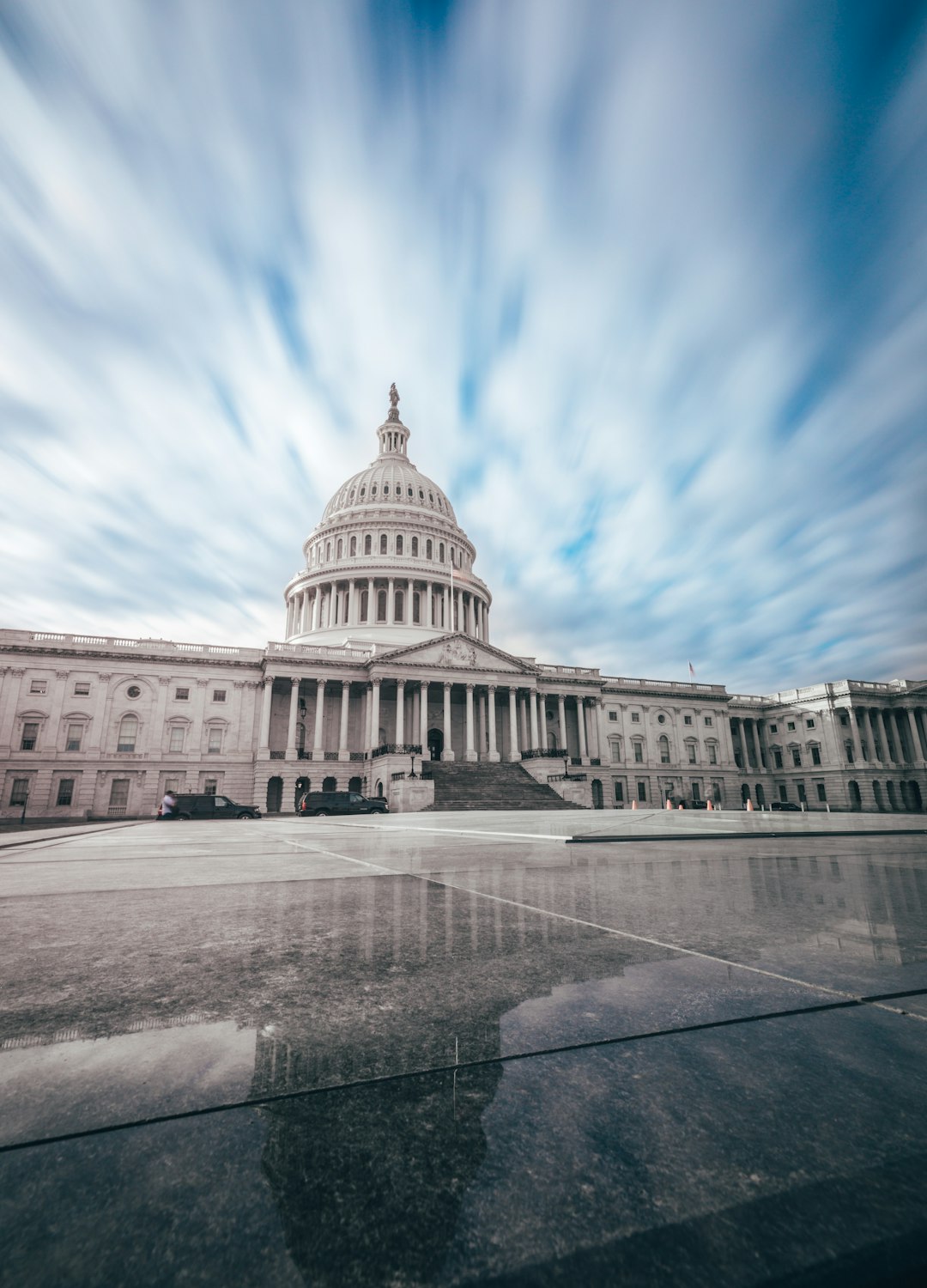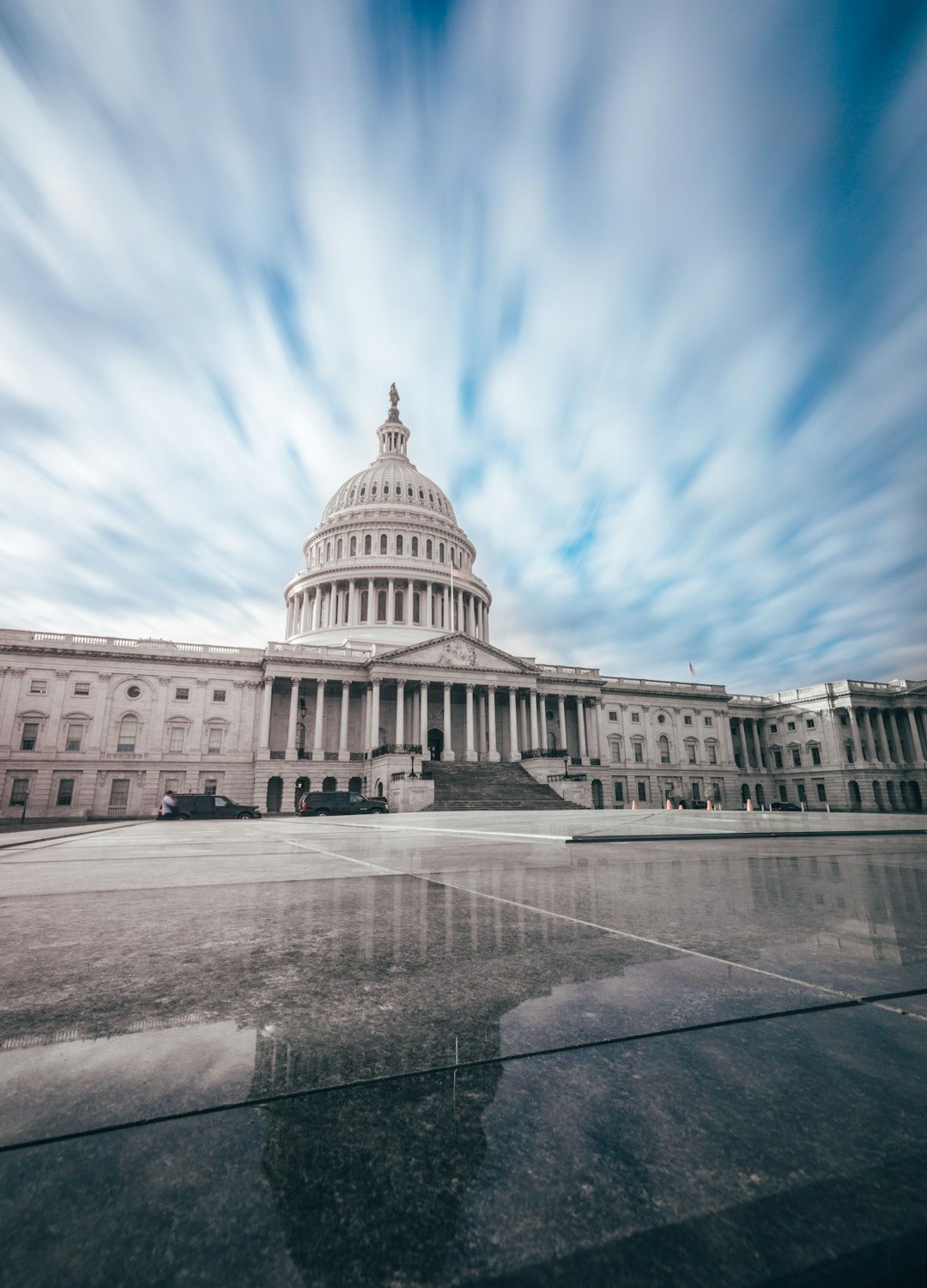Telemarketing laws in Washington State protect residents from unwanted calls and require businesses to respect consumer opt-out requests for "Do Not Call" lists. Non-compliance, especially by do not call lawyer Washington, do not call attorney Washington, and do not call law firm Washington, can result in significant penalties and damage firm reputation. Consequently, legal services have transitioned to targeted, consent-based outreach strategies that prioritize personalized marketing and client satisfaction over mass calls.
In Washington State, understanding telemarketing laws is crucial for businesses and legal professionals alike. With the proliferation of do-not-call lists and stringent regulations, compliance is essential to avoid penalties and maintain client trust. This article explores the intricate landscape of telemarketing in WA, focusing on key aspects like the impact of do-not-call measures on legal practices and effective strategies for compliant marketing. Learn how to navigate these waters successfully, ensuring your business adheres to laws while targeting the right audience, from do-not-call lawyer Washington to esteemed law firms across the state.
Understanding Telemarketing Laws in Washington State

In Washington State, telemarketing laws are designed to protect residents from unwanted calls and ensure fair business practices. It’s crucial for businesses engaging in telemarketing activities within the state to understand and adhere to these regulations. One key aspect is recognizing and respecting consumer opt-out requests, especially regarding the “Do Not Call” lists. According to Washington State laws, both individuals and law firms must refrain from making telemarketing calls to numbers listed on these registries. This includes not only direct calls but also automated or prerecorded messages.
Businesses should also be aware of the specific guidelines for different types of organizations. For instance, a “Do Not Call Lawyer” in Washington State implies that legal professionals and their firms must comply with state regulations, ensuring they obtain proper consent before initiating calls to potential clients. Non-compliance can lead to significant penalties, so it’s essential to stay informed about these laws and employ strategies that respect consumer privacy while effectively promoting business interests.
The Impact of Do Not Call Lists on Legal Practices

In Washington State, the implementation of Do Not Call lists has significantly impacted legal practices, particularly those involving telemarketing. These lists, which are maintained by both state and federal agencies, allow individuals to opt-out of receiving unsolicited phone calls from various entities, including law firms and attorneys. For do not call lawyer Washington, this means adhering to strict regulations to avoid inadvertently contacting clients who have chosen not to be bothered. Failure to comply can result in hefty fines, damaging the reputation of the firm, and eroding client trust.
The effect extends beyond financial penalties; it reshapes how legal services are delivered. Do not call attorneys Washington must now focus on targeted, consent-based outreach strategies, ensuring compliance while still effectively reaching potential clients. This shift has led to more personalized marketing efforts, improved client satisfaction, and a greater emphasis on building long-term relationships rather than relying on mass calls. As a result, do not call law firms Washington are finding innovative ways to connect with their audience, ensuring they remain competitive and relevant in a regulated telemarketing landscape.
Strategies for Effective and Compliant Telemarketing in WA

In Washington State, telemarketing success hinges on adhering to stringent regulations, particularly concerning consumer privacy and protection against unwanted calls, as enforced by the Washington Utilities and Transportation Commission (WUTC). Businesses must implement robust strategies that respect the “Do Not Call” registry. This involves meticulous data management, ensuring client consent, and employing technology that facilitates compliance, such as automated call blocking systems.
A key strategy is to segment customer databases accurately, identifying those who have opted out of telemarketing calls. Washington residents are entitled to peace of mind when it comes to their personal information. By prioritizing these rights, companies can avoid legal repercussions associated with “Do Not Call Lawyer Washington” or targeting clients who prefer not to be contacted. Effective communication strategies should focus on building relationships through targeted, consent-based outreach rather than aggressive sales tactics.






